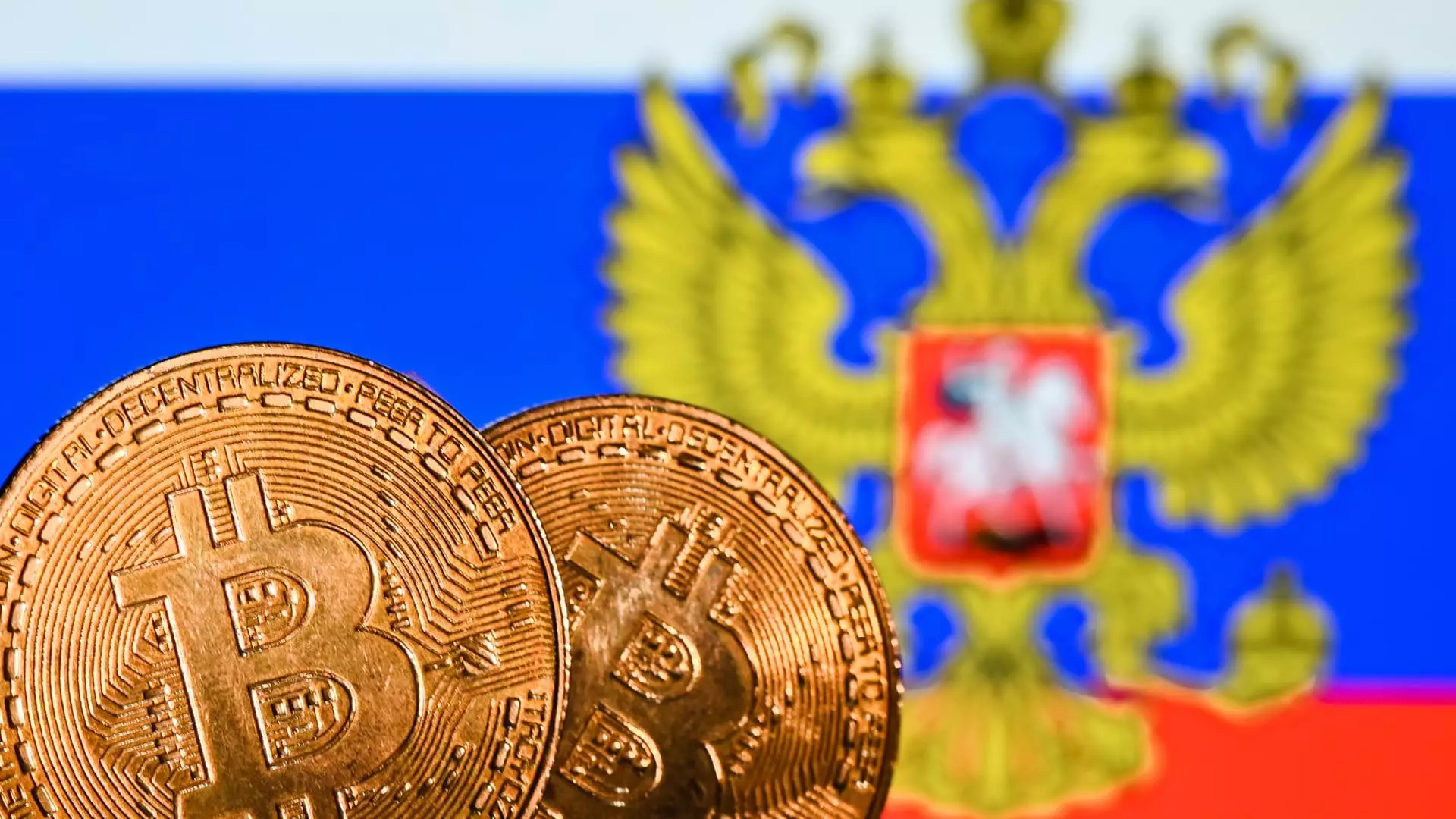As Russian lawmakers approved a new law allowing the use of cryptocurrency for international payments, the global financial landscape witnessed a significant shift. The State Duma’s decision to greenlight the legislation marks a historic moment in the country’s financial sphere. With the ongoing financial pressure from Western sanctions, Russia’s embrace of cryptocurrency comes at a crucial time.
Rationale Behind the Decision
The move towards accepting cryptocurrency for cross-border trade reflects a pragmatic approach by Russian authorities. As bitcoin transactions offer a level of freedom that cannot be censored or blocked by governments or banks, the decision to allow such transactions becomes a logical step forward. The increasing use of bitcoin in everyday commerce necessitates adapting to the changing financial environment.
Market Trends and Implications
The surge in bitcoin prices over the past year, driven by optimism surrounding the approval of U.S. spot bitcoin ETFs and the halving event, underscores the growing significance of digital currencies in the global economy. With bitcoin’s value soaring to $66,000, the potential for leveraging cryptocurrency for international payments becomes even more compelling.
Geopolitical Context
Against the backdrop of escalating tensions between Russia and the U.S. and its allies, the imposition of sanctions has had far-reaching consequences. The sanctions target individuals, entities, and Russia’s financial sector in response to the country’s actions in Ukraine. In light of these developments, the decision to allow Russian firms to transact internationally using crypto signifies a strategic pivot in the country’s financial strategy.
The Russian central bank’s endorsement of using cryptocurrency for cross-border payments represents a significant policy shift. Initially, the regulator proposed a ban on crypto transactions, citing concerns about financial stability and monetary sovereignty. However, the decision to explore the use of private digital currencies for international transactions reflects a departure from its earlier stance.
From a global trade perspective, embracing cryptocurrency opens up new opportunities for Russian businesses. By leveraging crypto for cross-border payments, Russia can overcome the financial barriers imposed by U.S. sanctions. This move not only facilitates international trade but also positions Russia to engage with countries and businesses that were previously out of reach.
Challenges and Opportunities
While the use of cryptocurrency offers numerous benefits in terms of financial flexibility and autonomy, it also presents challenges. Countries like North Korea and Iran have used digital currencies to circumvent sanctions and fund illicit activities. As Russia embraces cryptocurrency, it must navigate the complexities of international trade while upholding regulatory standards and combating financial crimes.
Future Outlook
Looking ahead, the implementation of a digital ruble and the mass adoption of cryptocurrency for international payments signal a transformative shift in Russia’s financial landscape. With the central bank’s commitment to exploring new payment methods and the potential for more widespread use of digital currencies, Russia is poised to navigate the evolving dynamics of the global economy.
Russia’s decision to allow cryptocurrency for international payments has wide-ranging implications for the country’s financial future. By embracing digital currencies, Russia can enhance its competitiveness in the global market and diversify its financial strategies. However, this shift also requires careful monitoring and regulatory oversight to ensure the integrity of the financial system. As Russia embarks on this new chapter in its financial evolution, the impact of cryptocurrency on international trade and geopolitics will continue to unfold.

